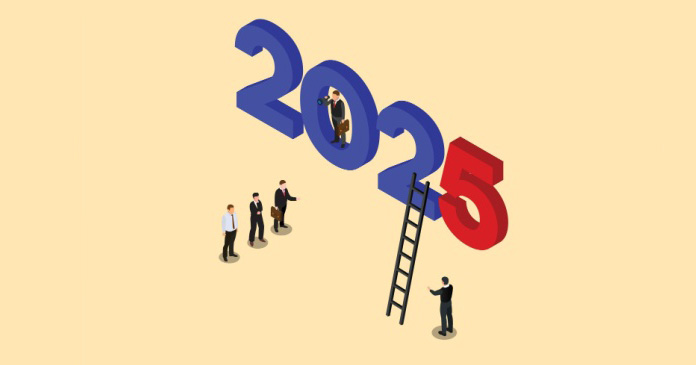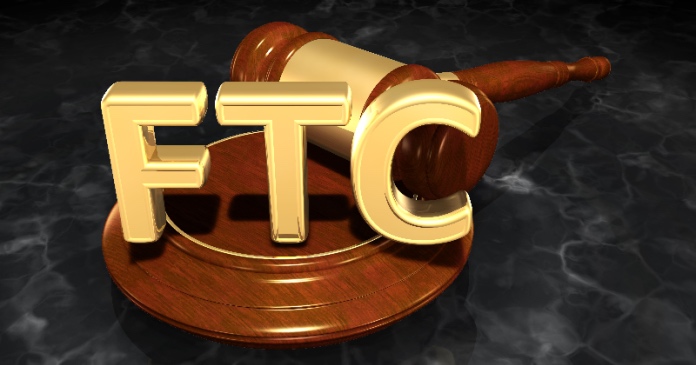The bill is an economic disaster. It will destroy jobs and harm capital creation. Even in the best of times, such an act would be extremely hurtful to the economy. Under these circumstances, it’s sheer destructive folly.
The bill increases taxes on private equity firms, venture capital firms and real estate investment partnerships. The U.S. government currently taxes so-called carried interest—the gains from a successful investment—at the capital gains tax rate of 15 percent. By not punishing success, this low tax rate incentivizes investment managers to take long-term, sensible risks that are so necessary to nurturing a vibrant, innovative economy. The gains thereby achieved create more capital to start, grow and save companies.
But Senator Baucus and Representative Levin want to raise the carried interest tax rate by more than 150 percent to almost 40 percent
This is madness. The bill would do severe harm to vehicles that are crucial for our economy. According to the U.S. Chamber of Commerce, this tax structure is utilized by more than 15.5 million partners invested in 2.5 million partnerships in the real estate, venture capital, private equity and retail sectors, all of which rely on carried interest earnings to continue to invest and create more companies and jobs across the nation. It is not a “loophole,” but a way to ensure continued investment and growth in the U.S.
The tax increase on carried interest doesn’t just impact investment managers. On the contrary, it also affects small businesses that the private equity firms invest in, as well as the millions of Americans who rely on these businesses for a paycheck. In addition, the tax increase will disproportionately hurt the real estate industry, which accounts for 45 percent of the 2.5 million investment partnerships and which is just beginning to make a comeback. According to the U.S. Conference of Mayors, the carried interest tax increase will slow development, especially in under-served communities that depend on such investment for revitalization.
A tax increase is even more alarming and foolish when you consider that our global competitors tax carried interest at very low rates, if they tax it at all. The carried interest tax is 18 percent in the United Kingdom, 10 percent in China and 0 percent in India. As the tax rate rises to prohibitive levels in the U.S. what will this do to investment here at home and to driving capital to our overseas competitors?
So why would Congress even consider legislation that is so self-destructive to the U.S. economy? Short-term politics, pure and simple. The current carried interest tax is portrayed as a loophole even though the low rate only applies to long-term gains. If the gains are short-term, they are taxed at ordinary income rates. Encouraging long-term investment is crucial both for venture capital start-ups and for real estate. It makes no sense to damage vehicles so necessary to funnel risk capital into such promising areas as biotechnology and proliferating possibilities in green technologies.
Another reason: Because partnerships involve Wall Street bankers, real estate and oil investors and that catch-all class—”the rich”—legislation that seemingly punishes them has superficial appeal. This is, though, not so much class warfare as economic suicide.
When this issue was last debated back in 2007, I wrote an opinion piece that ran in The Wall Street Journal that highlighted the unintended consequences of an increase to the carried-interest tax provisions. I stated then that policymakers should pay attention to the advice from the late Senator Daniel Patrick Moynihan “who warned us of the ‘Law of Unintended Consequences’ that often takes hold when lawmakers tinker with public policy.”
The current debate about a potential increase in the carried interest tax is an example of that mantra—that it is the wrong policy for our country to adopt at anytime, but particularly in the midst of an economic recovery and will have the opposite impact to what the bill’s sponsors are professing to accomplish, which is to create more American jobs.
Senator Baucus and Representative Levin, along with Senate Majority Leader Harry Reid (D-Nev.) and Speaker of the House Nancy Pelosi (D-Calif.), are attempting to push this harmful legislation to a vote before Memorial Day, without a close examination of its effect on jobs and the economy. If the bill passes, the United States can say goodbye to continued investment growth – and our global competitors will surely be happy to take it.
Author: Steve Forbes is president and chief executive officer of Forbes and editor-in-chief of Forbes magazine
















